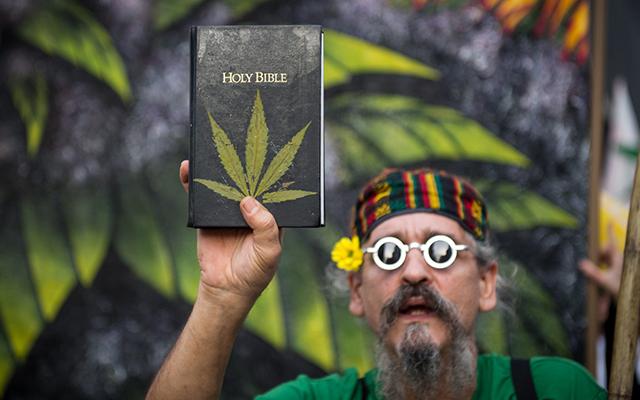First Church of Cannabis Granted IRS Non-Profit Status
The First Church of Cannabis in Indiana, which is a religious division that favors cannabis usage as a sacrament, has just got the categorization that many of the other religious sects desire for: the status of tax exemption under Internal Revenue Service (IRS) code’s section 501(c)(3). Emotions flew sky high at the church after it received non-profit status from the IRS.
The cover letter from the IRS to the church reads, “We are pleased to inform you that upon review of your application for tax exempt status we have determined that you are exempt from Federal income tax. We determined that you are a public charity.”
With the earning of this new designation, church donors can subtract their contributions as charitable on their federal tax returns.
Further, the church can benefit from advantages of being regarded as a public charity by the Fed, including financial contribution deduction, limits on the ability of the IRS to audit the religious organization, ability to qualify for exemption of property tax in Indiana, and much more.
Bill Levin, the founder of the church stated, “The approval came in under 30 days, which if you’re a lawyer you sort of go, ‘How the hell did that happen?’ We filled out the long form, sent it in to the IRS and expected that usual 180-day wait — but it was back on our desk in under 30 days.”
This news is also a good one for the almost $11,000 fund raised by the church through a crowd-sponsoring account over the previous few months.
Earlier this year, Levin had formed this church partially as a means for testing the new Religious Freedom Restoration Act (RFRA) of the state, which gives security against the govt. violating religious practices. He plans his foremost official service at the church on July 1, where the members will seek blessings following which they will smoke cannabis in what he refers to as a religious practice. However, few law experts doubt if this kind of illegal act would be excused from legal action by the religious protections given by RFRA.
RFRA supporters told that it was supposed to defend religion from being violated by the govt., but it attracted national attention when critics viewed it as a way to possibly let business owners to deny service to same-sex couples in the name of religion.









